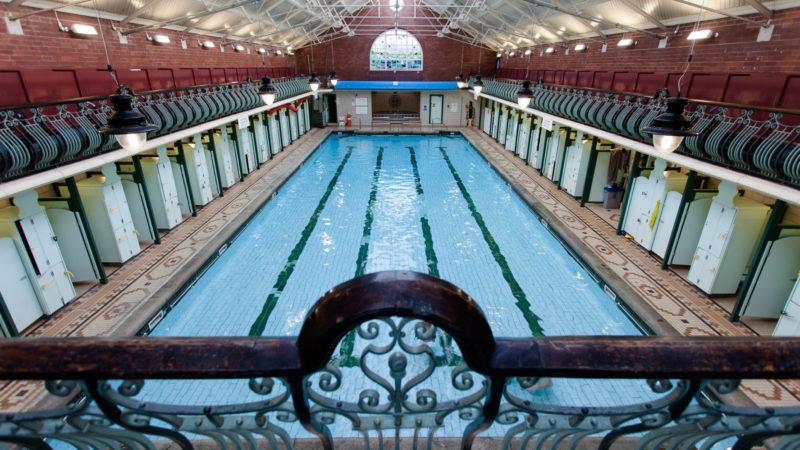
In Marx’s seminal work Wages and Capital, he describes the economic relationship between the capitalist (owner of productive capital) and the worker as such: “Wages are that part of already existing commodities with which the capitalist buys a certain amount of productive labour-power. Consequently, labour-power is a commodity which its possessor, the wage-worker, sells to the capitalist.”
Many of our comrades look for a solution to this exploitative relationship, and find that the state in the hands of the many should own the means of production, rather than capital being in the hands of the few. But state socialism has many rivals. How about the workers owning the means of production directly in their factory, office, shop, call centre or tech hub? What if the company had to distribute all profits to the local community for the benefit of those in housing need, and there were no owners, only trustees, and the company was incorporated by guarantee? What if the shops were owned by customers who bought bonds to provide capital and all bond owners had equal voting rights however much they contributed? What if houses were owned by an association that had to redistribute all profits to maintain and improve its stock and charge a social rent to tenants who constituted its board? All with an asset lock, so unlike state ownership, could not be turned into private capital? These structures are social enterprises.
We must ask how a market operate would differently if these were the majority actors in the economy, and the state owned the infrastructure and ran the public services alongside these actors. Wouldn’t this social structure operate differently to the mix of private and public with a small minority of social enterprises sitting alongside, being quietly patted on the head by both private and public sector we have now? Wouldn’t it operate better with closer involvement of workers and communities than state socialism? So much of what we need already exists – but only in pockets and not at scale.
In my home city of Leeds, when the cuts decided to bite and keeping open Victorian Swimming Baths became difficult, the community stepped in. With support of Leeds City Council, local residents kept Bramley Baths open as a community enterprise, and its user base has grown every year. In my constituency, Headingley Development Trust’s first major project was transforming the local natural food store into a community enterprise owned by hundreds of local people (including me) when the owners retired. Then the local primary school was closed, and transformed into an arts and business centre. It runs a monthly farmers’ market, which is about to take over the local greengrocers’, and has more plans to expand its footfall in an area where private landlords have pushed up rent levels for shop units to unsustainable levels.
In Hull, the Goodwin Development Trust elects its board in a cross-community vote, like we elect councillors, and has been supporting people on the Thornton Estate for 25 years. Goodwin now also manufactures, builds and rents low-carbon modular homes creating new social housing on the estate for the first time in a generation. Across Hull, at the Preston Road Women’s Centre, they have built a new low-carbon headquarters, housing a nursery, a legal centre for women, training and health services, an affordable shop and specialist domestic violence support and advocacy. They also run a housing service, placing hundreds of vulnerable people in housing, and they’re now looking at building their own housing.
To transform the society we have now to the one I describe, with social enterprise operating at scale, we need an active economic policy and legislation that levels the playing field. Whenever the market fails, the government either bails out the market or takes state ownership – but a new default should be for the ownership to pass on to the people, whether the customers or community or workers or a combination.
We talk about an active economic policy investing in private industry, and yet public money fuels private wealth. We are on track for the richest 1% to own two-thirds of all wealth by 2030. Reversing this through communal ownership and social enterprise would be to place power and control back in the hands of people who would be loathe to give them up.
This piece was commissioned by Labour Together, which is guest editing LabourList this week.




More from LabourList
‘Factionalism at the top is weakening Labour – and handing a gift to Reform’
‘Europe must stand strong on its own as US security guarantees grow conditional’
‘Tackling poverty should be the legacy of Keir Starmer’s government’